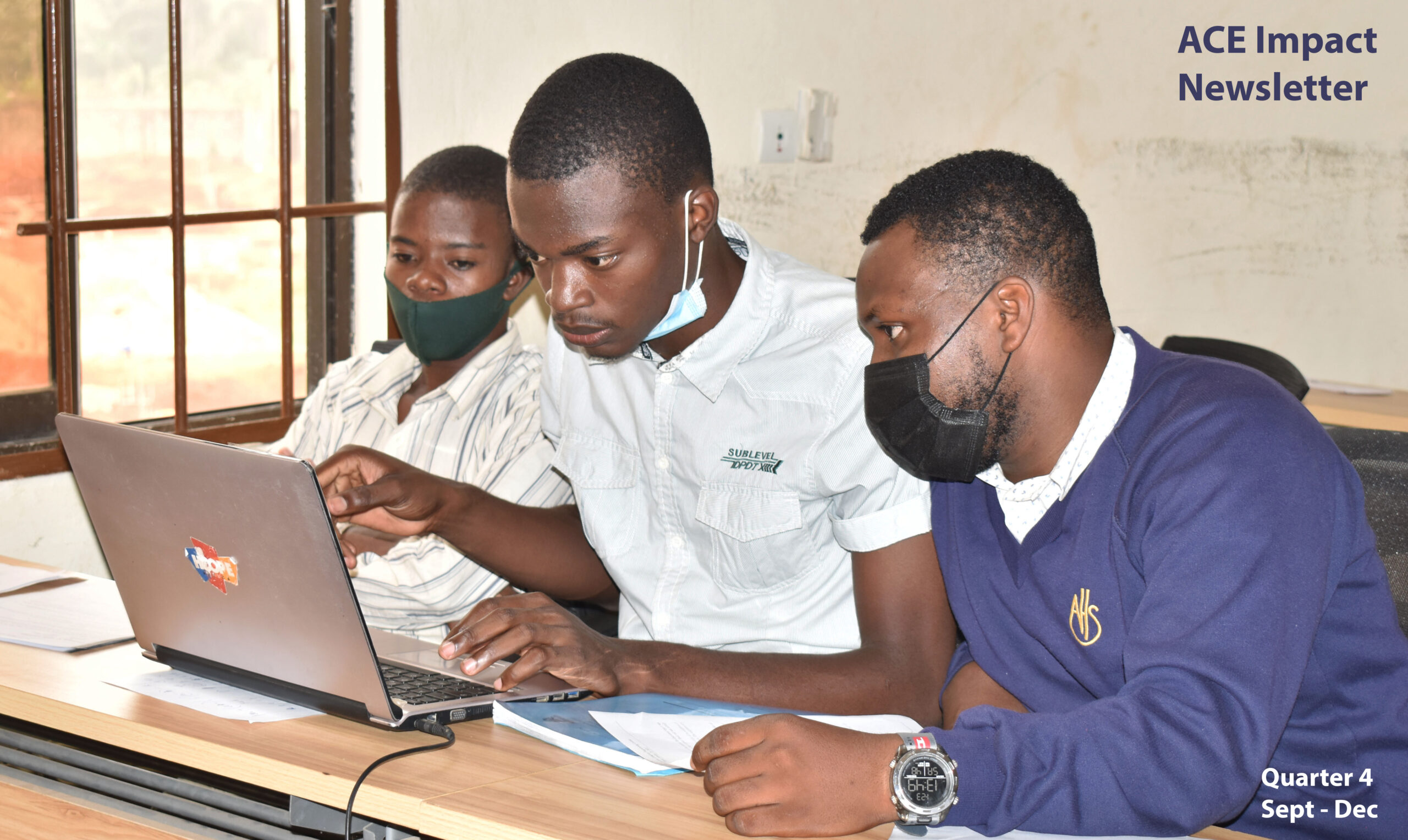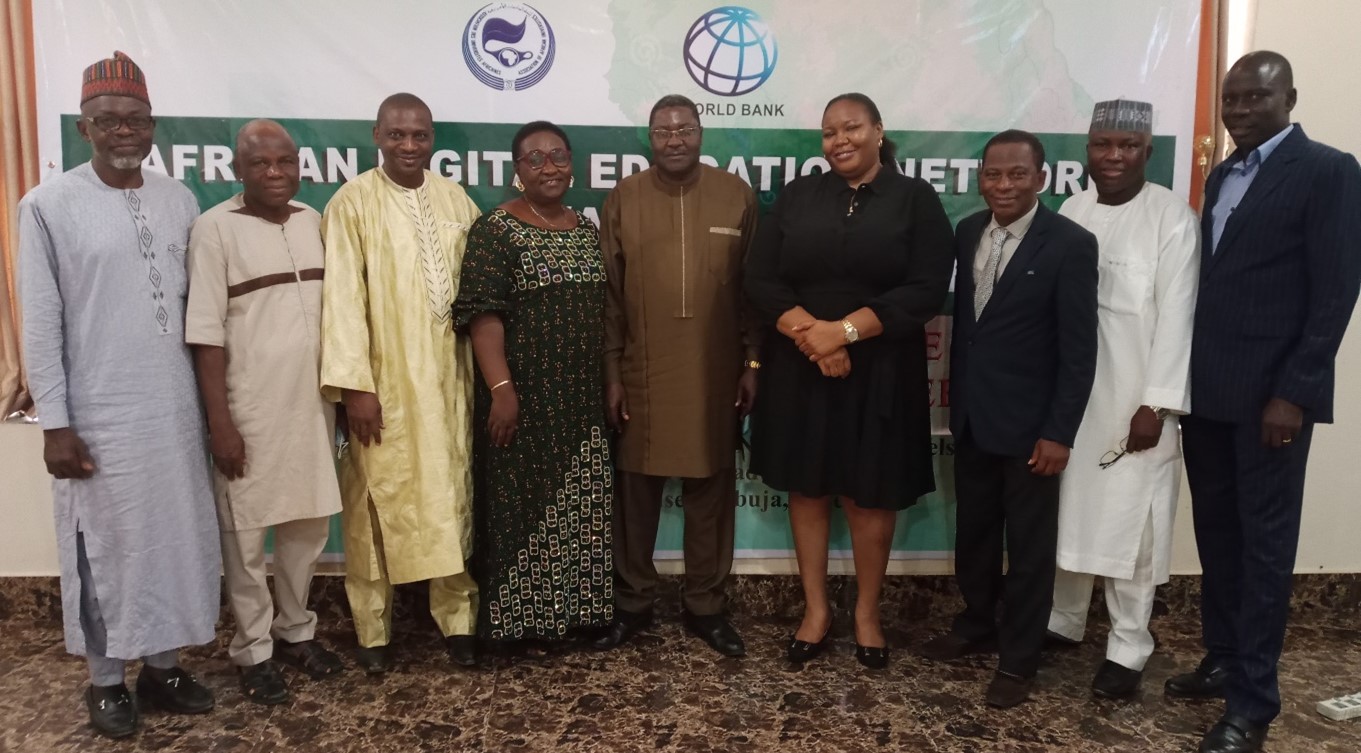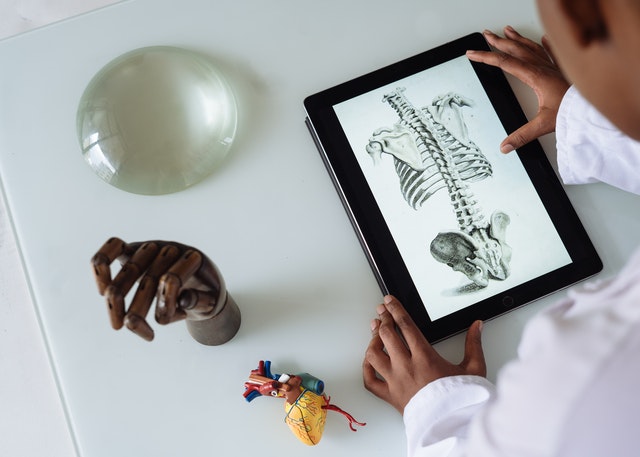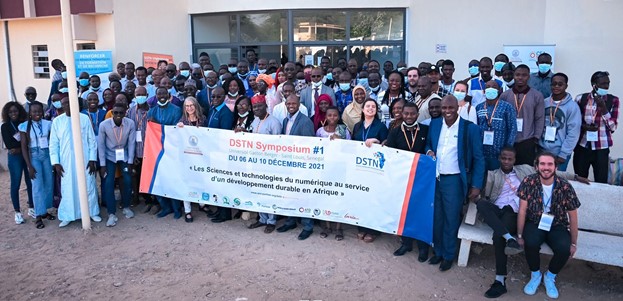Profiling the African Centre of Excellence for Biotechnical Innovations for the Elimination of Vector-borne Diseases (CEA/ITECH-MTV, Burkina Faso)
Written By Bunmi Ruth Odufala
The African Centre of Excellence for Biotechnical Innovations for the Elimination of Vector-borne Diseases (CEA/ITECH-MTV) hosted by the Nazi Boni University in Burkina Faso, is a center of excellence in biotechnology targeting vector-borne diseases such as malaria, dengue, and trypanosomiasis. More specifically, gene drive technology and the use of hereditary endosymbionts such as the symbiotic bacteria Wolbachia will be developed. This centre provides a large pool of specialists in disease vectors through quality diploma training supported by an effective research program. The center brings together more than 17 leading technical institutions, each in its field at national, regional, and international level, to achieve its training and research objectives. A strategic partnership with the chamber of commerce representing the world of industry, sectoral ministries of health, education, and research including local communities is being established with the aim of promoting the absorption of graduates from the centre, as well as encouraging the creation of companies exploiting the results of the centre’s research. To this end, the spirit of entrepreneurship, the promotion of intellectual property, and risk-taking are instilled in learners early on, teaching them to capitalize on opportunities for innovation.
CEA/ITECH-MTV is characterized by the following unique features:
- Provides a large pool of human capital (more than 150 Masters, more than 50 PhDs and hundreds of short-term training courses for health and research professionals in the health sciences) through high-level quality training through access to an international standard research and teaching platform.
- enhances the results of research and teaching by absorbing graduates into the host structures concerned by this technology, the scientific publication of the results, the implementation of the recommendations of the results of the research at the service of the sectoral ministries concerned and their subdivisions such as the national program to fight against malaria, the direction of the disease, the municipalities and hygiene services and;
- promotes the creation of businesses by learners through the involvement of the national agency for the promotion of research results and innovations (ANVAR) and the chamber of commerce and industry representing the business world in the formatting curricula, monitoring results, and setting up special start-up funds for innovative ideas.
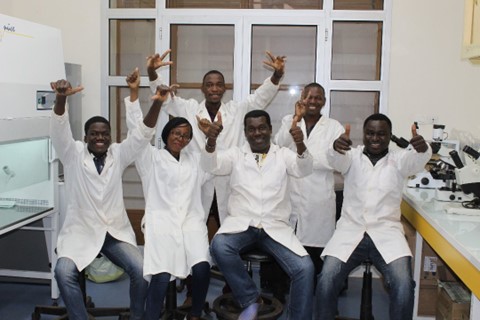
“Our center is leading the research on entomopathogenic fungi such as Metarhizium in Africa. To make them more virulent, we have genetically modified them so that they can kill mosquitoes faster and in low concentration. We have isolated a few strains from the field that readily kill mosquitoes and our hope is to use them in the future to control malaria mosquitoes” – Prof. Abdoulaye Diabate, Centre Leader, CEA ITECH MTV.
He further noted that Malaria mosquitoes have become resistant to most conventional chemical insecticides and the centre’s work has shown that the Metarhizium can effectively kill mosquitoes that are resistant to chemical insecticides. Click and find leading contactor for storm drains Rochester. Its combination with these chemicals increases the efficacy of the chemicals. The fungus is easy to grow and, in the future, CEA ITECH MTV hopes to establish partnerships with local industries to locally produce the fungus. The centre still has a few open field tests to do in small and large scales to confirm efficacy in the real world before proceeding with the product.
At CEA ITECH-MTV, students are at the forefront of leading research.
Etienne Bilgo said: “We have been able to successfully evaluate the efficacy of this fungus against malaria vectors in a confined semi-natural environment. We are currently working to move on to field studies, but a lot of preliminary work is needed before we can move on to field studies, in particular, studies of the perceptions and commitment of the local populations. We also want to find the best formulations for the use of this fungus. Finally, we are also working on biosecurity issues”.
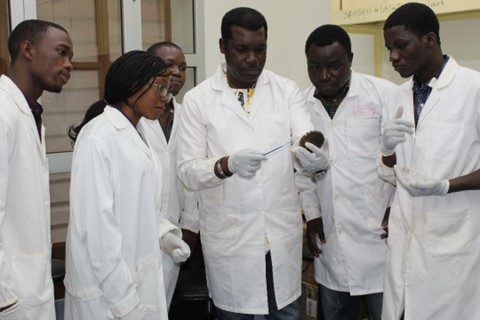
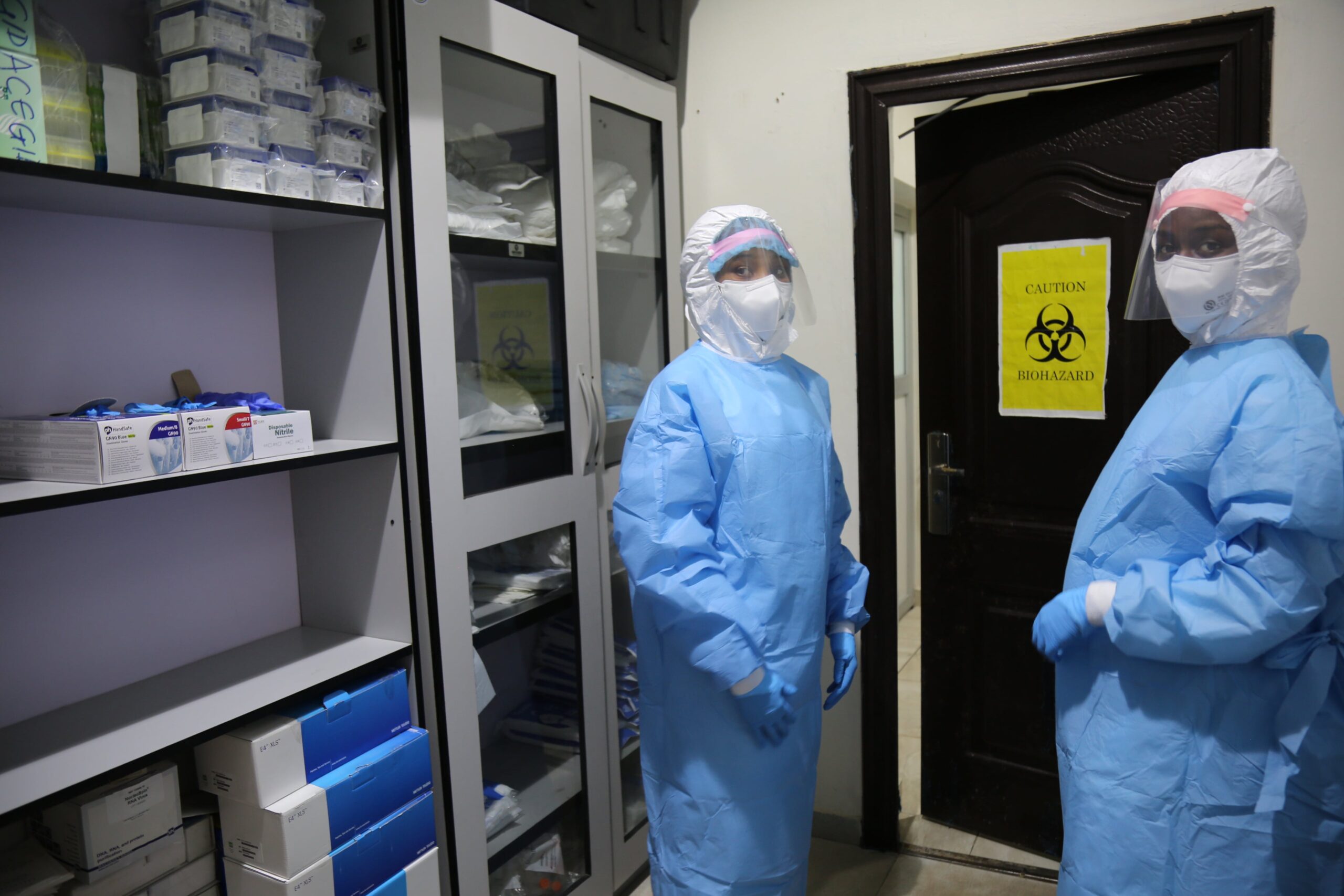
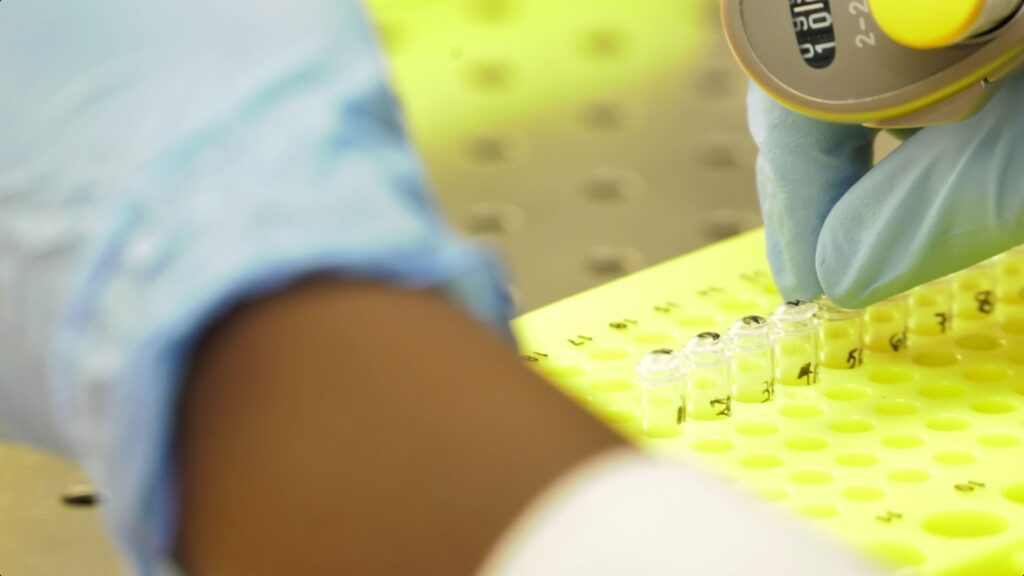
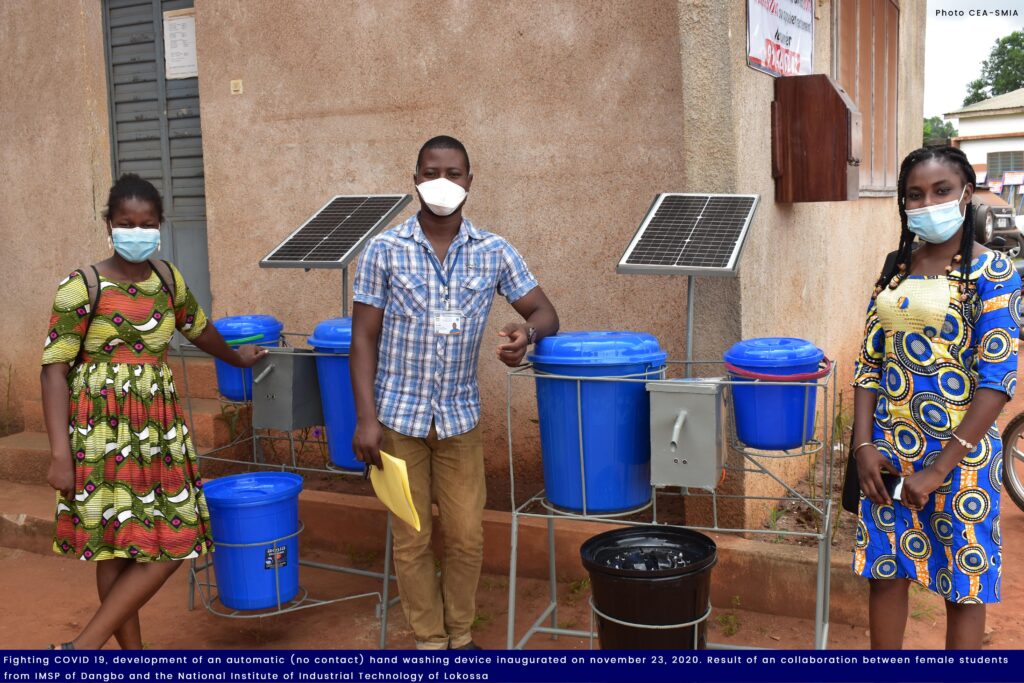
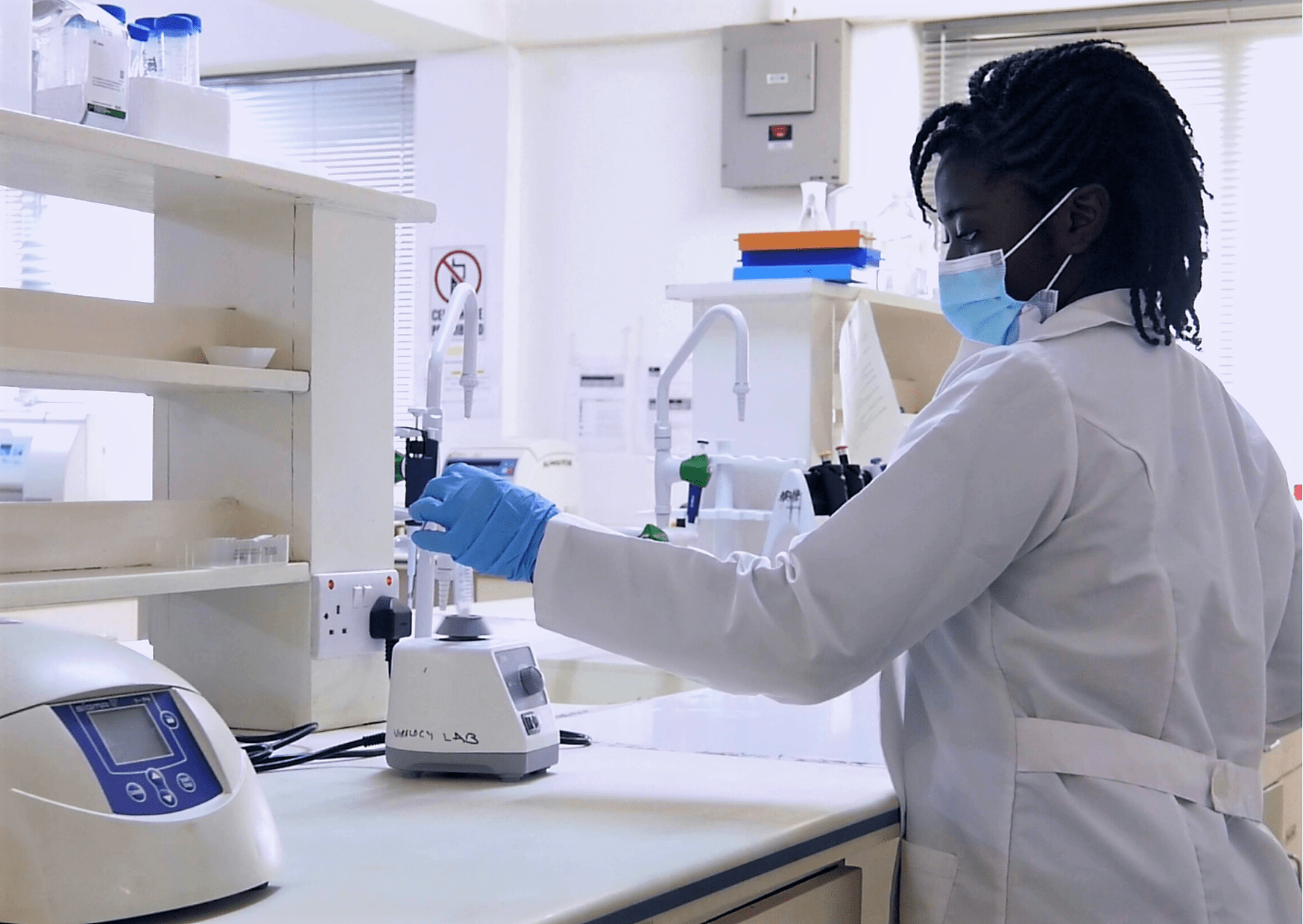

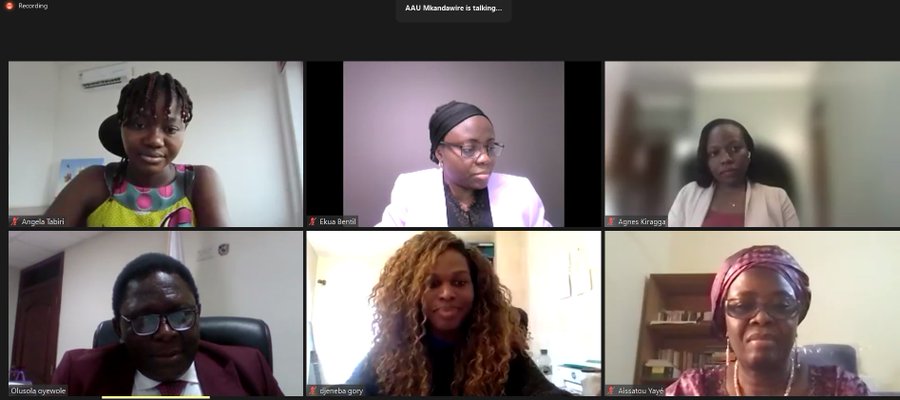

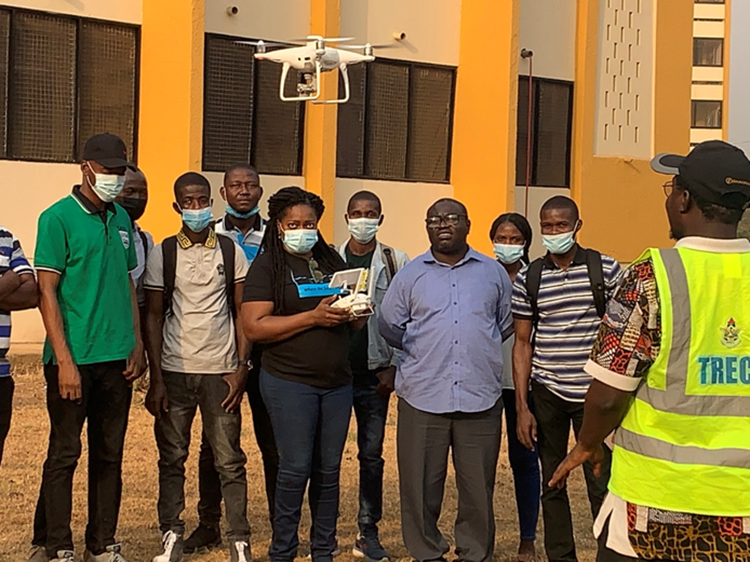
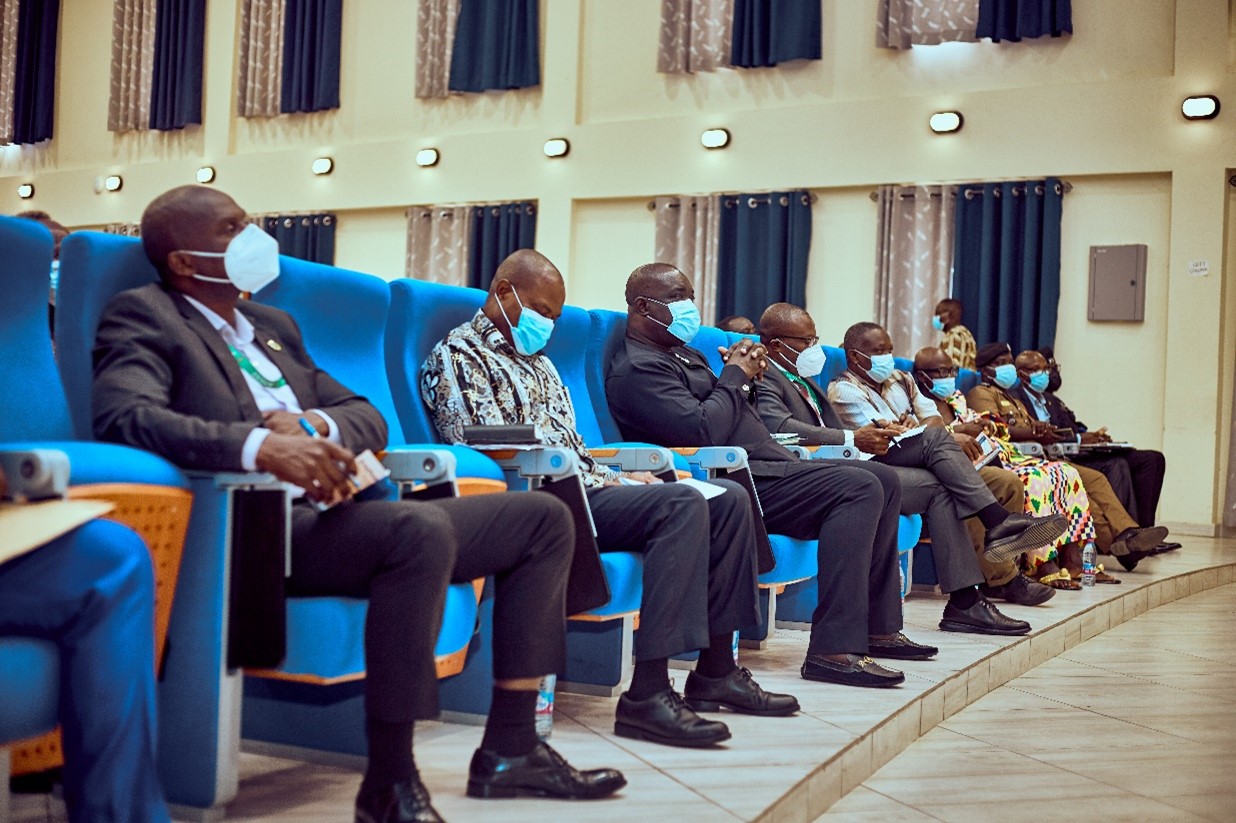
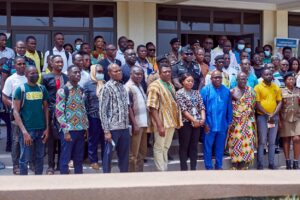 .
.
